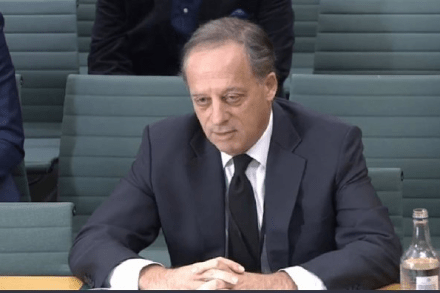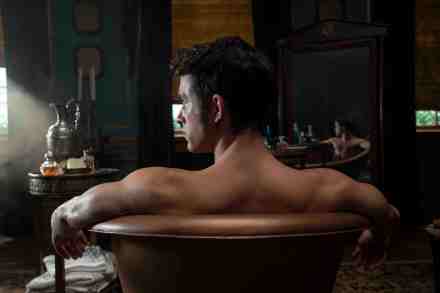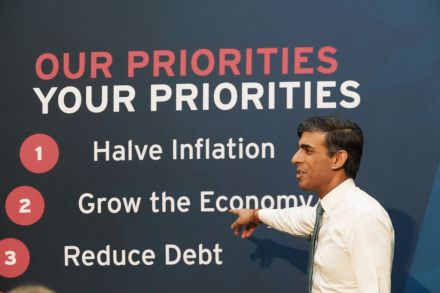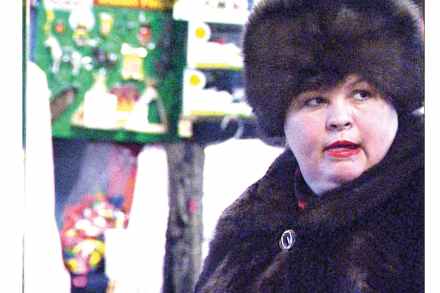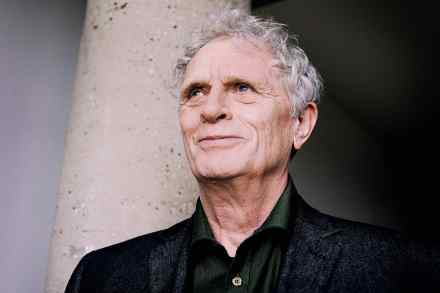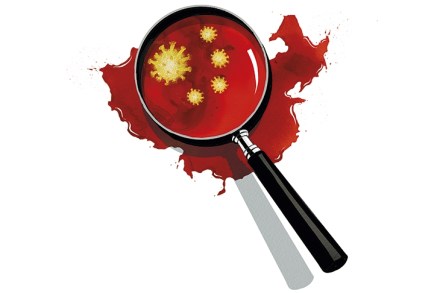'Netflix are incredibly conservative': documentary-maker Nick Broomfield interviewed
A documentary by Nick Broomfield is always to some extent about Nick Broomfield. He has cultivated an image as a gonzo filmmaker, striding into shot holding a boom microphone, headphones clamped over his ears, and in the politest possible way provoking chaos. ‘Unfortunately it comes very easily to me, to be slightly out of control,’ he confesses. His previous adventures have included getting on the prickly side of South African white supremacist Eugene Terre’Blanche, striking up a strange rapport with the convicted serial killer Aileen Wuornos on death row in Florida, claiming to have worked out who killed the titular gangsta rappers in Biggie & Tupac, and provoking a firestorm



